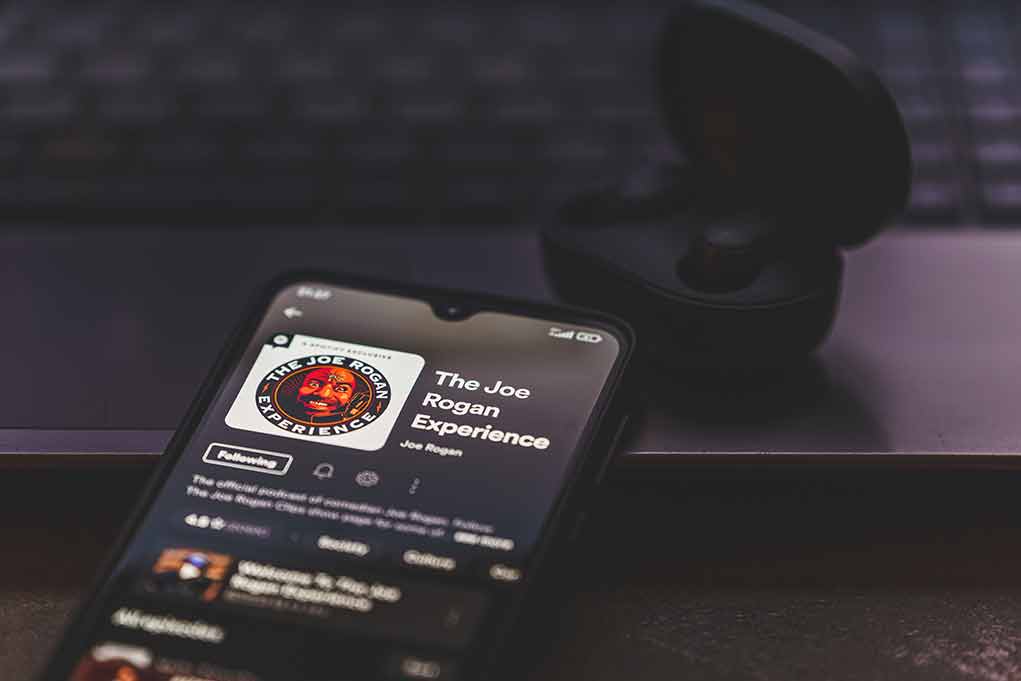
Growing artist dissatisfaction with Spotify’s royalty methods and political connections prompts an intensified boycott call, stirring shifts in the streaming industry.
Key Takeaways
- Top songwriters are boycotting Spotify’s Grammy party over royalty policy changes.
- Spotify’s bundling strategy may reduce songwriter payouts significantly.
- Spotify’s support for Trump’s inauguration has sparked social media backlash.
- Artists are promoting alternative streaming platforms over Spotify.
Spotify Faces Boycott by Artists
A large number of songwriters, nominated for prestigious awards like the Grammy’s Songwriter of the Year, have announced they will boycott Spotify’s Grammy party. This collective action stems from dissatisfaction over the company’s recent royalty policy amendments that allegedly reduce the payouts to music creatives. Prominent figures in the songwriting industry have highlighted the importance of fair compensation for their art.
“It is very nice to be individually honored, but it is better for me and my entire songwriter community to be paid fairly for our art. There are no songs without songwriters.” – Jessie Jo Dillon
Alongside Grammy-nominated songwriters RAYE, Amy Allen, Jessi Alexander, and Jessie Jo Dillon, this boycott symbolizes a broader dissatisfaction in the music community. The decision not to attend Spotify’s event aligns with their principles as creatives seeking equitable treatment in the rapidly evolving music streaming landscape.
Impact of Subscription Bundling on Royalties
Spotify’s recent strategy to bundle audiobooks with premium services has drawn more criticism. This decision, supported by a U.S. District Court ruling, could potentially cut songwriter payouts by an estimated $150 million annually. The court concluded that such a shift aligns with Spotify’s legally supported position.
“The only plausible application of the law supports Spotify’s position” – U.S. District Court Judge Analisa Torres
The ruling and its implications have sparked animated discussions across social media platforms. Many users and artists are vocal about the perceived injustice and are advocating shifting preferences towards alternative music streaming services that promise better remuneration models for songwriters and artists.
Political Involvement and Public Reaction
Spotify’s political involvements have also ignited controversy, particularly its $150,000 donation to Trump’s inauguration. This financial tie has been criticized alongside Spotify’s royalty criticisms, intensifying calls for a boycott from both artists and users alike.
Posts and discussions calling out Spotify for its corporate practices related to both royalties and political connections have amassed significant traction across TikTok, Instagram, and other social channels. Notably, the criticism is coupled with broader conversations concerning the corporate influence within the current sociopolitical landscape.
A Changing Dynamic in Music Streaming
As the music streaming industry faces ongoing scrutiny, shifts are expected. Criticism directed at Spotify’s strategies highlights broader challenges in ensuring fair compensation for musicians amid complex and evolving business models. The ongoing artist-led movements emphasize a desire for a model that prioritizes creators’ rights and well-being.
“Spotify USA donated $150,000 to the Presidential Inauguration Committee.” – A spokesperson for Spotify
These developments may ultimately lead to more sustainable and equitable practices in music streaming. Observers anticipate further moves by artists and the industry as they navigate these contentious waters, advocating for meaningful change in how art is valued and supported.
Sources
1. Spotify Faces Boycott Calls Over Royalties, Trump Inauguration Donation
2. Songwriters Opt to Boycott Spotify’s Grammy Party Over Royalty Cuts




